Club Brugge
Club Brugge is a legendary club in Belgium, which has had a rich history and legendary players. The club with its historic blue and black colours has great things to tell.
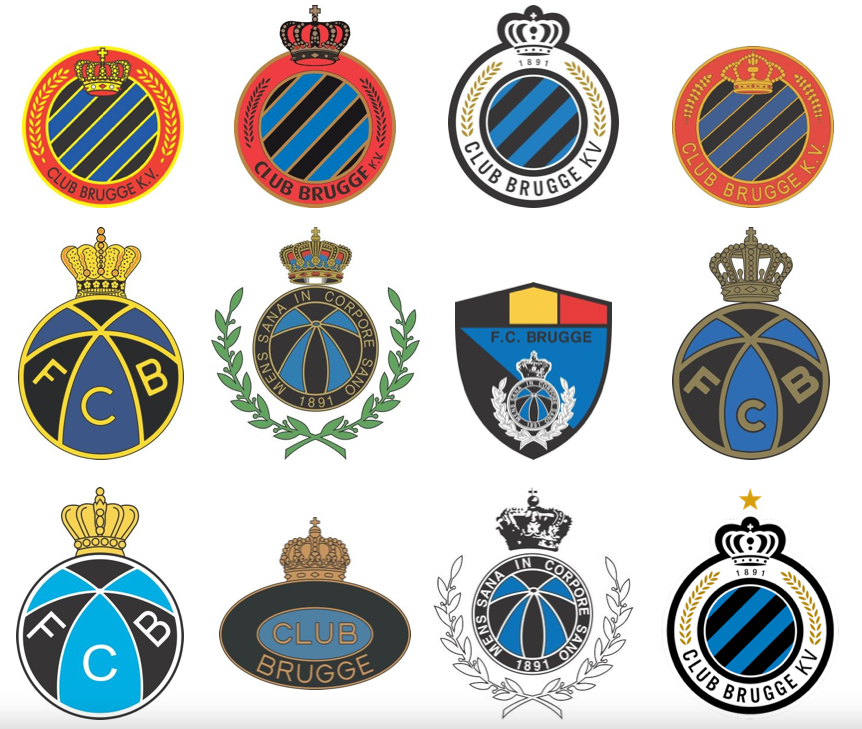
Club Brugge : Embracing the Spirit of David in European football.
When it comes to European competitions, Club Brugge is that team everyone has a soft spot for. It’s the classic David versus Goliath story, and they always bring class to the pitch. But what can we really say about this club? Let’s dive into its unique history and break down its playing style.
I’ve got a ton of love for this club. It’s one of those teams that really gets my heart racing. What’s beautiful about Club Brugge is how it unites Belgium, transcending linguistic boundaries. It’s a true symbol of Belgian unity.
The Beginnings of a Belgian Powerhouse
Club Brugge Koninklijke Voetbalvereniging, better known as Club Brugge, was founded in 1891 by a group of students and football enthusiasts. Over the years, the club underwent several mergers and reorganizations. In 1897, Brugsche Football Club merged with Football Club Brugeois, forming what we now know as Club Brugge. This consolidation strengthened the club, preparing it for future challenges. In 1902, the club was renamed Club Brugge KV, earning the "Koninklijke" (Royal) title for its contributions to Belgian sports. This royal recognition was a significant milestone, elevating the club’s status nationally. Today, Club Brugge is a respected entity in European football. The early decades were tough, marked by financial and organizational struggles. Like many clubs of the time, Brugge navigated economic instability and lacked institutional support. For instance, during World War I, the club's activities were suspended, but they bounced back post-war. Similarly, during the Great Depression of the 1930s, they faced financial hardships but remained committed to football and the local community. Thanks to the determination of its members and leaders, the club persevered.
Named after the revolutionary hero of the Franco-Flemish War, Jan Breydel, the stadium shows the extent to which the club and its passionate supporters have always played a crucial role within the city. This, maintaining a strong spirit, even in tough times. Over the years, Club Brugge has not just survived but thrived, becoming an institution beloved in Belgium and respected internationally. This resilience and ability to reinvent itself in the face of adversity are defining characteristics of the club.
The Glorious 1970s
The 1970s were a golden era for Club Brugge, especially under the leadership of coach Ernst Happel. Known for his strict discipline and tactical acumen, Happel revolutionized Brugge's game. His philosophy emphasized a solid defense, impeccable organization, and quick transitions to attack. Under his guidance, the club adopted a fluid and offensive playing style that thrilled fans and unsettled opponents. The pinnacle of this decade was the 1977-1978 season when Brugge reached the final of the European Cup (now the UEFA Champions League). Along this memorable journey, Brugge defeated several top teams, showcasing impressive resilience and fighting spirit. Although they lost 1-0 to Liverpool in the final at Wembley, this performance cemented the club's reputation on the European stage. Victories against teams like Juventus and Atletico Madrid proved that Club Brugge could compete with the best.
Domestically, Brugge dominated Belgian football, winning multiple league titles. The legacy of the 1970s still inspires current players and fans, reminding everyone that Club Brugge has always been a titan of Belgian and European football.
Dominance in the 1990s and 2000s
One of the most memorable seasons in Belgian football history is 2002-2003. Under coach Trond Sollied, Club Brugge started the season with high ambitions. Known for his offensive philosophy, Sollied had already led the club to the top in 2001-2002, but the following season exceeded all expectations. Brugge's playing style that season was characterized by a fluid and aggressive attack. The team often played in a 4-3-3 formation, focusing on quick wingers and precise passing to dominate possession and create scoring opportunities. Key players like Andrés Mendoza, Sandy Martens, and Gert Verheyen were crucial in this strategy, bringing speed, technique, and clinical finishing. Brugge finished the season with a record 93 points, winning 30 games, drawing 3, and losing only once.
A standout moment was the 6-0 victory against La Louvière, highlighting the team's offensive power. Additionally, they shined in derbies against Anderlecht, their biggest rival, with convincing victories that sealed their dominance. While the attack was the highlight, the defense, led by players like Timmy Simons and Birger Maertens, was equally crucial, conceding only 23 goals in 34 matches. This memorable season significantly boosted Club Brugge's reputation as a major force in Belgian football. Their offensive style and near-total dominance not only thrilled fans but also attracted European football observers. The success of 2002-2003 had positive effects off the pitch, increasing the club's visibility, attracting new sponsors, and boosting revenues, allowing further investment in infrastructure and youth development.
The legacy of this exceptional season continues today. The records set and the memorable performances have set new standards for the club, inspiring future generations of players and coaches. The 2002-2003 season is often cited as a benchmark in discussions about the greatest teams in Club Brugge's history.
Practical Information
Club Brugge is renowned for its exceptional youth academy, comparable to traditional powerhouses like Ajax Amsterdam, Bayer Leverkusen, Dinamo Zagreb, and Sparta Prague. Today, Brugge maintains a playing style focused on dynamic attacking (through versatile offensive players and quick transitions) while keeping a solid defense and high pressing, enabling effective counterattacks. Recently, the club faced coaching challenges but ended the 2023-2024 season as Belgian champions under Nick Hayen.
Every season, the Brugse Derby (Club Brugge vs Cercle Brugge) attracts a huge deal of fans which results in huge choreographies on both sides. Tifos, flags and banners made specifically for this confrontation and accompanied by flares and smoke bombs aren't a rare sight in and around the stadium. The winner of this derby is crowned "de Ploeg van Brugge", which translates to "the team of Bruges". It has become a tradition for the winning side to plant a flag with the club's crest or colors on the center spot after the game. This rivalry dates back to the early 20th century, with both clubs having rich histories that contribute to the derby's significance. Club Brugge was founded in 1891, while Cercle Brugge was established in 1899. The proximity of their stadiums—Club Brugge's Jan Breydel Stadium, which they share with Cercle Brugge—adds to the intensity of the encounters. The shared venue is unusual and fosters a unique atmosphere when the two teams clash.
The slogan "No Sweat No Glory" emblazoned on Club Brugge's jersey embodies the club's philosophy and ethos. This phrase succinctly captures the essence of what it means to be a part of Club Brugge, resonating deeply with both players and supporters. In the modern era, where football is as much about mental toughness as it is about physical ability, "No Sweat No Glory" serves as a constant reminder to maintain high standards of effort and commitment. Club Brugge’s playing style often reflects this ethos, characterized by a high work rate, pressing, and determination on the field. Matches where the team battles back from behind or secures a win through sheer effort are prime examples of this slogan in action.
Legends of Club Brugge
- Jan Ceulemans: Probably one of Club Brugge's greatest legends. Active in the 1980s and 1990s, he scored numerous decisive goals and was known for his loyalty and leadership on the field.
- Raoul Lambert: An iconic player of the 1970s, Lambert was a prolific striker who played a crucial role in the club's European successes.
- Gert Verheyen: Active mainly in the 1990s and early 2000s, Verheyen is synonymous with success at Club Brugge. His versatility and fighting spirit were major assets.
Carl Hoefkens: Recently honored (coach of Club Brugge for the 2022-2023 season), Hoefkens was a solid central defender and natural leader in the 2000s. His influence extended beyond the pitch as a respected captain.
Conclusion
Club Brugge shines in Belgian football and has gradually established itself among the European elite. This underdog is set to gain more prominence in Europe. Trust in the club's potential, and you won't be disappointed. Embrace the Belgian fervor, and join the dance.
All-time XI
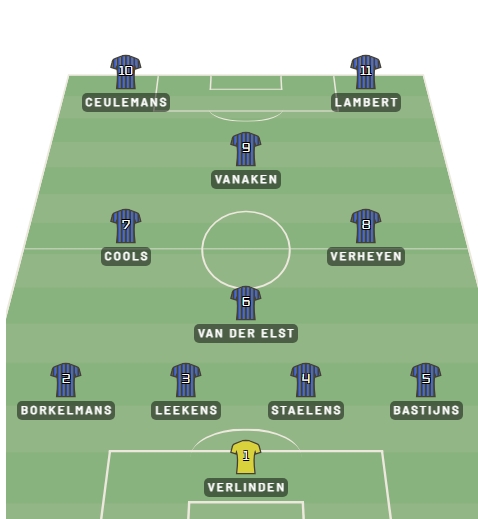
Trophies :
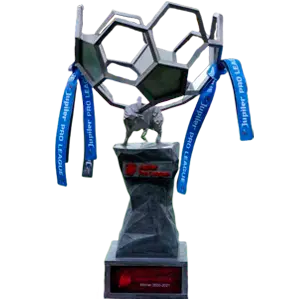
Belgian League x19
- 1920
- 1973
- 1976
- 1977
- 1978
- 1980
- 1988
- 1990
- 1992
- 1996
- 1998
- 2003
- 2005
- 2016
- 2018
- 2020
- 2021
- 2022
- 2024

Vice-champion Belgian League x23
- 1899
- 1900
- 1906
- 1910
- 1911
- 1967
- 1968
- 1970
- 1971
- 1972
- 1985
- 1986
- 1994
- 1997
- 1999
- 2000
- 2001
- 2002
- 2004
- 2012
- 2015
- 2017
- 2019
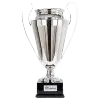
Belgian Cup x11
- 1968
- 1970
- 1977
- 1986
- 1991
- 1995
- 1996
- 2002
- 2004
- 2007
- 2015

Finalist Belgian Cup x8
- 1914
- 1979
- 1983
- 1994
- 1998
- 2005
- 2016
- 2020
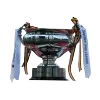
Belgian Supercup x17
- 1980
- 1986
- 1988
- 1990
- 1991
- 1992
- 1994
- 1996
- 1998
- 2002
- 2003
- 2004
- 2005
- 2016
- 2018
- 2021
- 2022
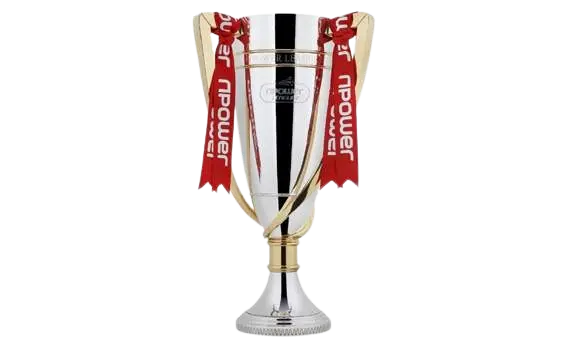
Belgian League 2 x4
- 1929
- 1935
- 1946
- 1949
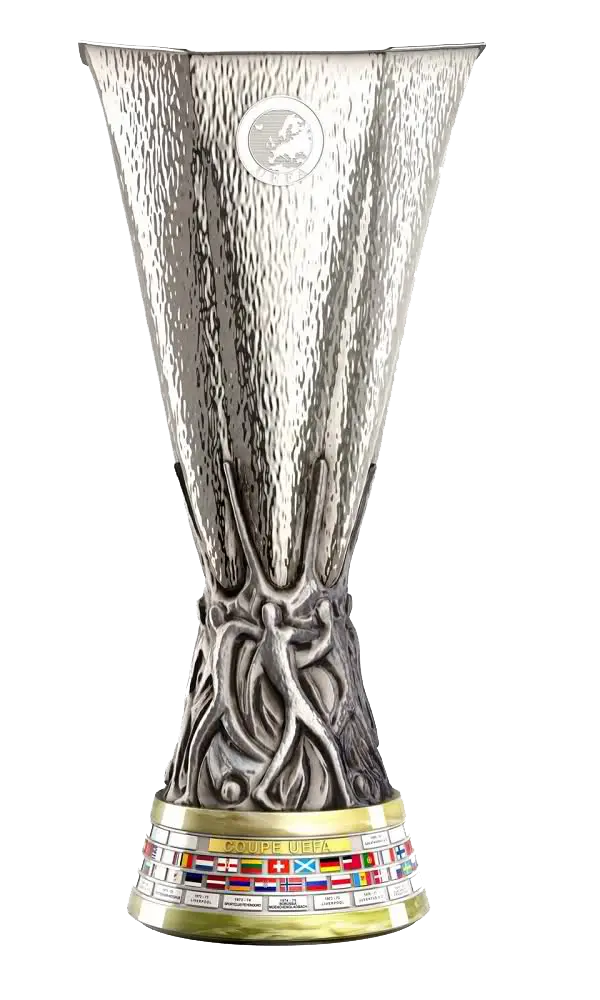
Finalist Europa League x1
- 1976
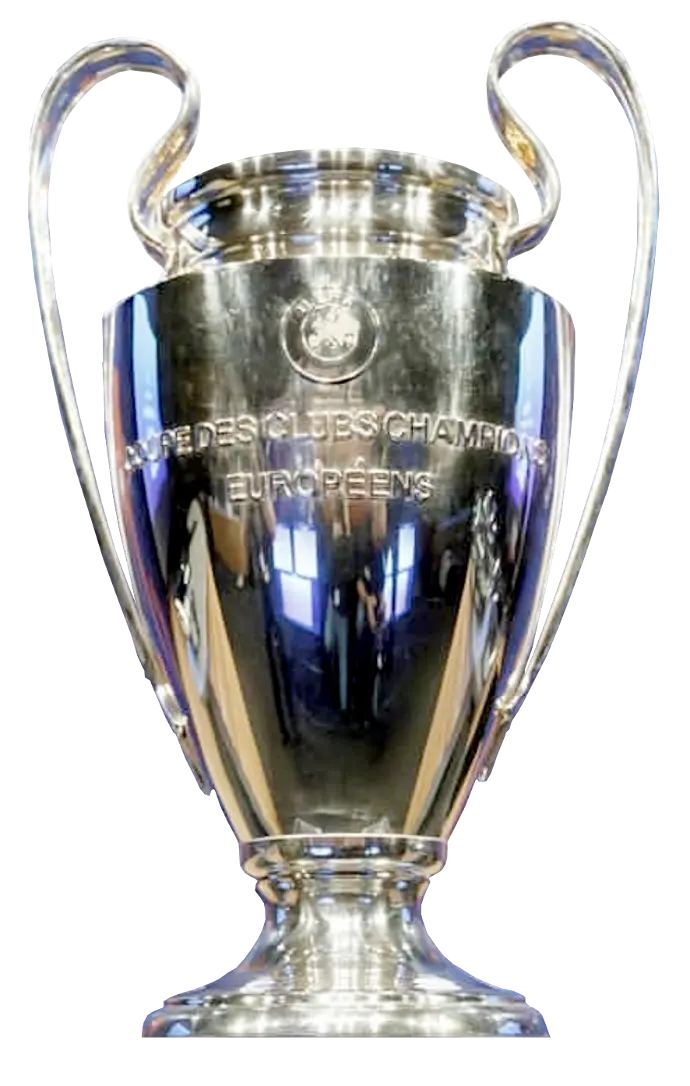
Finalist Champions League x1
- 1978